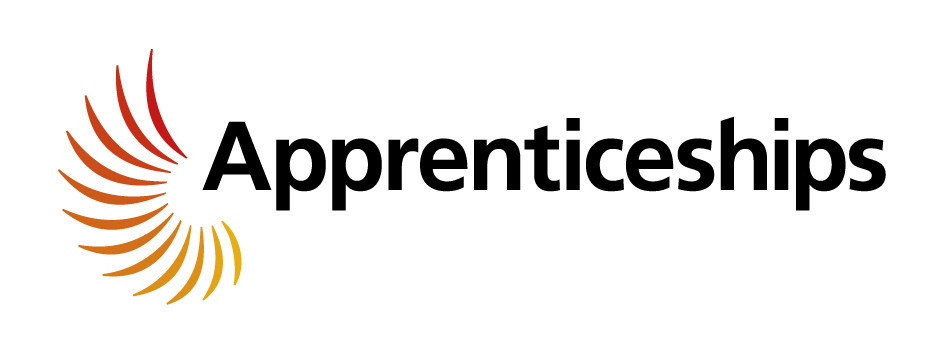Course Overview
A Crop Technician is responsible for optimising crop/plant yields through establishment, management, harvest and post-harvest operations, while maintaining and improving the surrounding environment. This standard offers the option of specialising with two pathway options: Agriculture (soil-based system) or Horticulture (container-based system).Businesses within the industry range from small enterprises through to international organisations. Work in soil-based systems involves operating large, technically advanced machinery in the open fields. Working outdoors, means there is variety and challenges to overcome. Similarly Crop Technicians working in container-based systems may work outside but for many the majority of work will be in controlled environments, which need monitoring and adapting to suit the growth stage/species growing.
What will I learn?
- Promote and maintain health, safety and security
- Manage accurate records within the workplace
- Maintain and operate machinery and other equipment to allow safe and efficient operation
- Prepare seed bed/growing medium for maximum growth potential
- Carry out relevant establishment of crops for efficient growth
- Competently operate (to the equivalent of a certified level) a relevant vehicle used in the business
- Control of pests, weeds and diseases including safe use, application and storage of chemicals
- Carry out plant nutrient application and/or irrigation tasks if applicable to aid growth of crop
- Carry out harvesting operations including assessment of timing and quality
- Store crops in suitable conditions to maintain quality
- Soil/substrate maintenance tasks to ensure efficient and healthy growth of the crop/plant including sampling and acting upon results as appropriate to ensure nutrition is correct
If you choose the agriculture pathway, you will also learn:
- Correctly set machinery and monitoring machine performance for good seed establishment and crop growth
- Correctly set machinery to match crop and soil condition and quality requirements during harvest
- Maintenance of non-productive areas
- Impact of machinery on soil structure and potential damage
If you choose the horticulture pathway, you will also learn:
- Optimise growth conditions for specific crops, based on the individual needs of the plant relative to environment
- Maintenance of productive and non-productive areas
- Plant removal
- Difference growing mediums and their impact/relevance to production on site
Study, Assessment and Qualifications
Delivered one day a week in College at Lackham campus during term time only, in the workplace and/or remotely with a visit from your tutor every 10-12 weeks.
As part of the apprenticeship programme, you’ll need to record a minimum of 6 hours per week ‘off-the-job’ training time. This can include college attendance, work shadowing, training, workshops, online learning, tutor sessions, revision, webinars, industry visits – anything that supports your learning on the apprenticeship and supported by your dedicated assessor.
You’ll complete a number of assessments, including online multiple choice test, practical demonstration and professional discussions in the workplace as part of your EPA. You’ll gather evidence for your portfolio and your tutor will arrange college lessons covering both theory and practical learning as required throughout the course in preparation for EPA.
As part of this apprenticeship, you will need to complete the following mandatory qualifications:
- Level 3 Emergency First Aid
- PA1 – safe use of pesticides foundation module
- Either: PA2 – boom sprayer, mounted, trailed or self-propelled equipment, PA4 – granular applicators or PA6 – handheld applicator equipment
On successful completion of the Crop Technician Level 3 Apprenticeship you will hold the qualification of the Apprenticeship Standard plus Level 3 Emergency First Aid, PA1 and either PA2, PA4 or PA6.
Entry Requirements
Apprentices who do not hold maths & English L2 or GSCE grades 4 (C) will need to complete these prior to Gateway
You must have secured a position with an employer and be ready to start working with them before you can begin your apprenticeship course.
If you already have an employer and they have agreed to put you through an apprenticeship, contact the Apprenticeship team and we'll get you started. Email apprenticeships@wiltshire.ac.uk or call 0845 345 2235.
Additional Costs and Information
This apprenticeship lasts 24 months plus 4 months for End Point Assessment (EPA) and begins in October.







